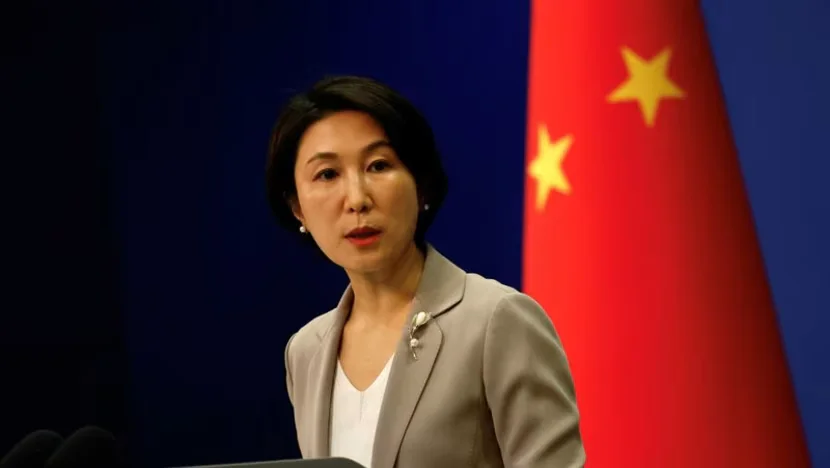China urged India on Thursday to handle the Taiwan issue with caution. It advised India to avoid interfering in the improvement of Sino-India relations. This followed the opening of another Taiwan de facto consulate in Mumbai.
China opposes moves by any countries it has ties with to engage in official contacts with Taiwan. Moreover, Mao Ning, a foreign ministry spokesperson, stated this at a regular news conference. Furthermore, she emphasized that India must handle the Taiwan issue with great care. Otherwise, mishandling the issue could damage the political foundation of Sino-Indian relations.
The Taiwanese government opened its third representative office in India on Wednesday. Taiwan’s official Central News Agency reported the opening. This new office adds to the existing ones in New Delhi and Chennai.
The opening came amid ongoing efforts from China and India to ease tensions and resolve conflicts on their Himalayan frontier, a point of contention that has strained bilateral ties.
China, which views democratically-governed Taiwan as its own territory, staged a new round of war games around the island earlier this week.
Taiwan’s government rejects China’s sovereignty claims and Beijing’s claim of the right to speak for and represent the island on the international stage
“China has lodged solemn representations with the Indian side,” Mao said.
The Indian side made a serious political commitment to the one-China principle, forming the political foundation of Sino-Indian relations.
China urges India to strictly abide by its commitments, handle Taiwan-related issues prudently and properly, and refrain from conducting any form of official exchanges with Taiwan, she added.
Also See: Despite Indian Aggression, China Remains Active in Galwan Valley, Ladakh
This news is sourced from Reuters and is intended for informational purposes only.




![Afghan men search for victims after a Pakistani air strike hit a residential area in the Girdi Kas village, Nangarhar province on February 22, 2026. [Aimal Zahir/AFP/Getty Images]](https://southasiatimes.org/wp-content/uploads/2026/02/gettyimages-2262391441.webp)

